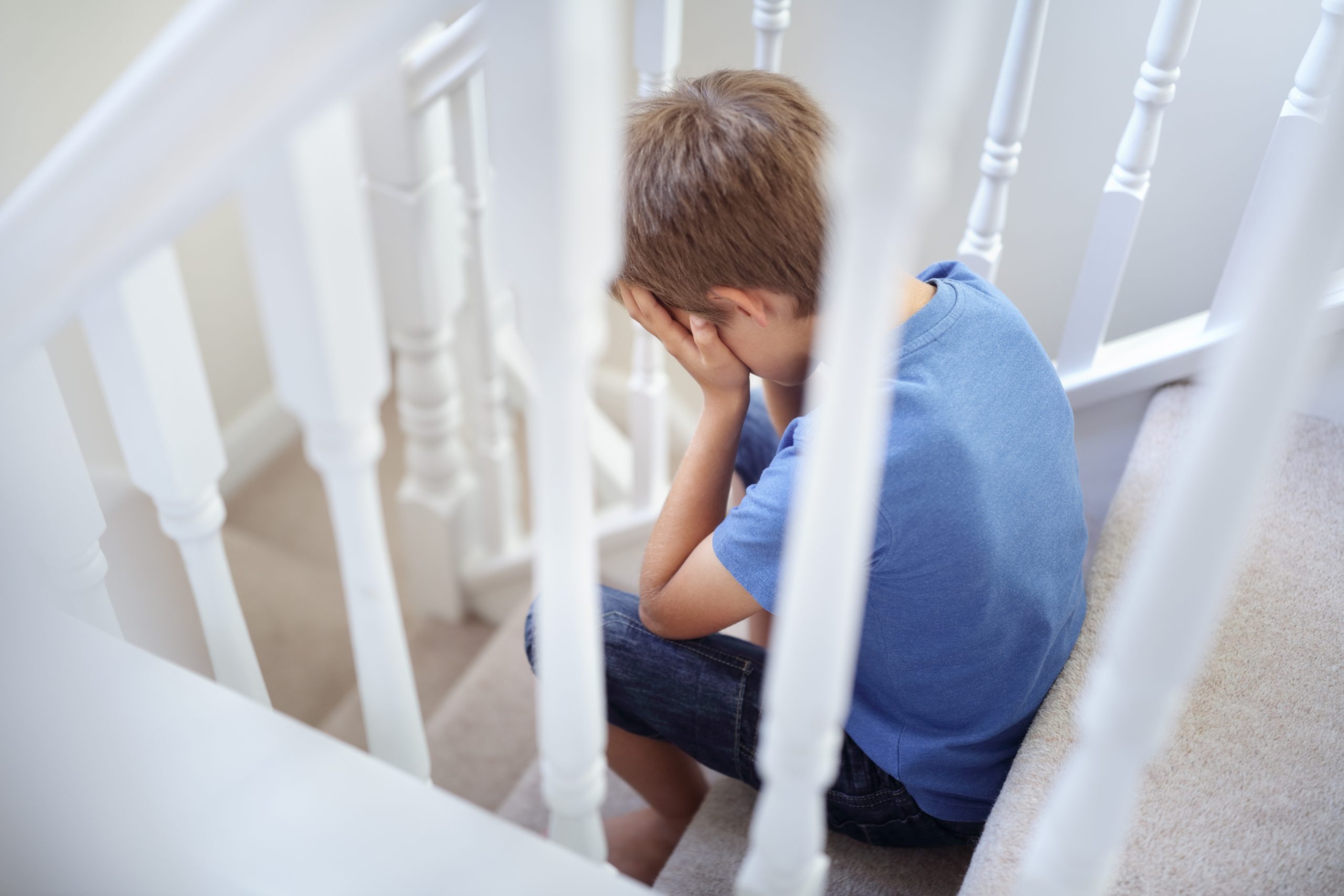Children’s Grief
Children are deeply affected by bereavement. A loss event becomes part of their history, altering their deepest feelings and view of life. Unless children are helped to acknowledge and express their grief, it has potential to cause issues throughout their lifetime.

Innocently perceptive and keenly aware of tension, sadness or anger in the home, children attempt to make sense out of what is happening by filling in the gaps with their own imagined explanations. Unfortunately, because cognitive reasoning skills in young children are underdeveloped, their fantasies about the situations are often more frightening than the truth.1
When there is no communication, a child will feel isolated, often expressing grief through withdrawal, aggressive/compulsive behaviours, or physical symptoms such as stomach upset or headaches. Because they are often preoccupied with their own grief, anger, or added responsibilities, parents or caregivers often overlook the grief in children by simply attributing it to bad behaviour.2
Another misconception is that children are resilient and adaptive because they seem to easily bounce back from periods of sadness. This is because children cannot handle intense emotions over long periods so they will grieve in short spurts over months or even years.
Whenever a spurt of sadness occurs, drop everything to give the child undivided attention. Answer questions, and give reassurance, love, and support, so that his/her feelings and worries do not become locked inside.
Children can handle the truth when it is told to them in an age appropriate way by someone they know and trust. As understanding and cognitive ability increase, the child will revisit grief many times, often wanting more in-depth explanations of what happened and why.3
Sometimes children will not open up to parents for fear of making them sad or angry. In the case of family breakdown, children might also feel that they are taking sides or breaking confidences. This is where the ministry of Growing Through is so helpful to families. It is often parents or grandparents who urge their church, school or Christian organisation to begin Pot of Gold and Rays of Light peer support groups. If there are no Growing Through support groups in your community, do make the need known to those who can help you get them started, and follow the directions on our website page titled, “How to Start a Growing Through Support Group.”
Facilitated by caring adults trained by Growing Through, children are able to share their feelings with others their age through age-appropriate games and activities. Often, they are heard to say, “I thought I was the only one who felt that way.” Many children start at age six and come year after year through adolescence because each year they are experiencing their loss at a different level, and sadly, sometimes they have experienced yet another loss.
- Edward Teyber, Helping Children Cope with Divorce, (Jossey-Bass, 2001), pp11-20.
- Ibid., pp. 29-55.
- Ibid., pp 68-86.


